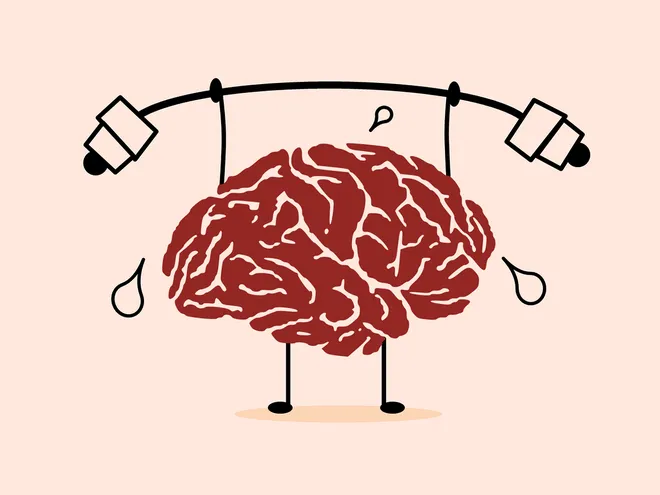Vidya Sethuraman
India Post News Service
Every mass shooting over the last three months has been a trigger for fear and anxiety among young people, says one psychiatric nurse in Miami-Dade about the kids he sees. It presents as anger and defiance, but more discipline isn’t an effective response. That’s only one of several challenges amidst a nationwide increase in mental illness among children and youth.
Medical experts, counselors, parents draw on their expertise and personal experience to explain the rise and to discuss what young people need, what parents and guardians can do, what services people can turn to. At the second of two briefings on mental health EMS is coordinating in partnership with the National Alliance on Mental Health (NAMI)-Miami Dade on June 17 experts discussed in detail on this impending issue.
Beth Jarosz, Program Director in U.S. Programs and Acting Director for Kids Data, Population Reference Bureau said suicide rates among 15- to 19-year-olds rose sharply from 2019 to 2020, including a 33 percent rise in California. She said teen suicides rose 33% in California from 2010-2020. New York’s rate barely changed. Rates in Texas rose by almost 80%. Rates in Florida rose by more than 100%. Jarosz said White and Asian teens have the highest suicide rates in Florida; Black and Latino rates are about the same. Among them, high-risk groups include indigenous peoples, minority groups, groups who have experienced adversity in childhood, bullied, homeless, and foster children. The response, she suggested, is to expand access to mental health services and reduce adversity for children.
Eddy Molin, psychiatric nurse, Jackson Health System Miami has seen an uptick in hospitalizations and a lot of kids with anxiety and behavioral control issues, which can easily be linked to shootings and social media. Molin said parents should be preemptive in identifying things that are going on with their child. A decline in personal hygiene, staying longer in bed, disengaging from family and friends are signs of trouble.
Estephania Plascencia, a staff member of the National Alliance for Mental Illness (NAMI) in Miami said that since elementary school, she had experienced depression and anxiety, had difficulty concentrating, struggled with academics, and felt that her ability was insufficient, which affected her self-confidence. With medication and therapy she got better. She said NAMI gave her support and validation and allowed her to work with others in similar situations.







